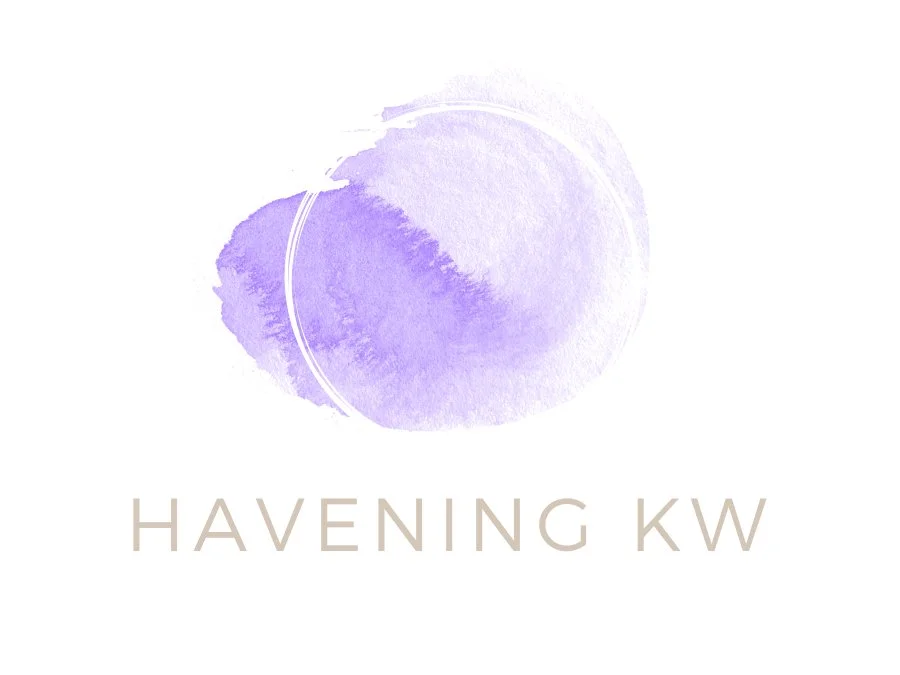What is Spiritual Counselling?
I am often asked, “What IS spiritually integrated counselling?” More than any particular modality or set of techniques, spiritually integrated counselling honours the spiritual dimension of the human experience. We are more than our thoughts, feelings and behaviours; we are also the meaning we make of life’s challenges, the way we connect to one another, the larger world, and nature or the universe. Our spiritual experiences inform how we understand ourselves and how we heal and grow.
The spiritual dimension can be acknowledged and honoured in a counselling session in several ways. It is present when a client explores synchronicities in their life and how healing can unfold in tandem with the natural world. It is present when there is grief and loss, in the questions we ask about the meaning of our lives in the face of death. It is present in the role of meditation, prayer, spiritual reading, and spiritual communities in our personal growth. And it can also be present in how spirituality can harm us when influential individuals, institutions or belief systems violate our personal boundaries or betray us in deeper ways because it includes this sacred dimension of our identity. In all of these circumstances, an individual is fully supported in their healing journey when this dimension is acknowledged and cared for, heard and integrated into healing. As all humans have access to this dimension of experience, it’s not like we can leave these experiences at the door as we enter into counselling.
Some spiritually integrated modalities that might be used in counselling include holistic art therapy, which explores a deep connection with the inner self. It might also include spiritual bibliotherapy, which explores relationships with transcendence and immanence through the written word. Or it might include discussion and exploration of meditation and prayer to support growth and self-regulation between counselling sessions. Sometimes, it is as simple as choosing an oracle card and reflecting on its meaning in response to a closing session. Spiritually integrated psychotherapy involves many things: a worldview, a set of techniques and modalities, and a belief system.
In answer to the question, “Can anyone benefit from spiritually integrated counselling even if I am not spiritual or religious?” the answer is yes. A spiritually integrated approach serves the unique needs of the individual above all. As spirituality is one dimension of human experience, all have access to it, are affected by it, and can tap into it for profound healing and support. Sometimes, spiritually integrated work can involve an individual’s relationship to a broader, sacred world, deity or worldview. But it can also be present in existential questions about the nature of life and death, what makes living meaningful, what happens when we die, and why do we lose the people we love? At their very heart, all of these challenges, concerns and opportunities implicitly contain spiritual seeds for consideration and contemplation.
Feel free to contact me if you want to learn how a spiritually integrated approach might be right for your unique needs.
